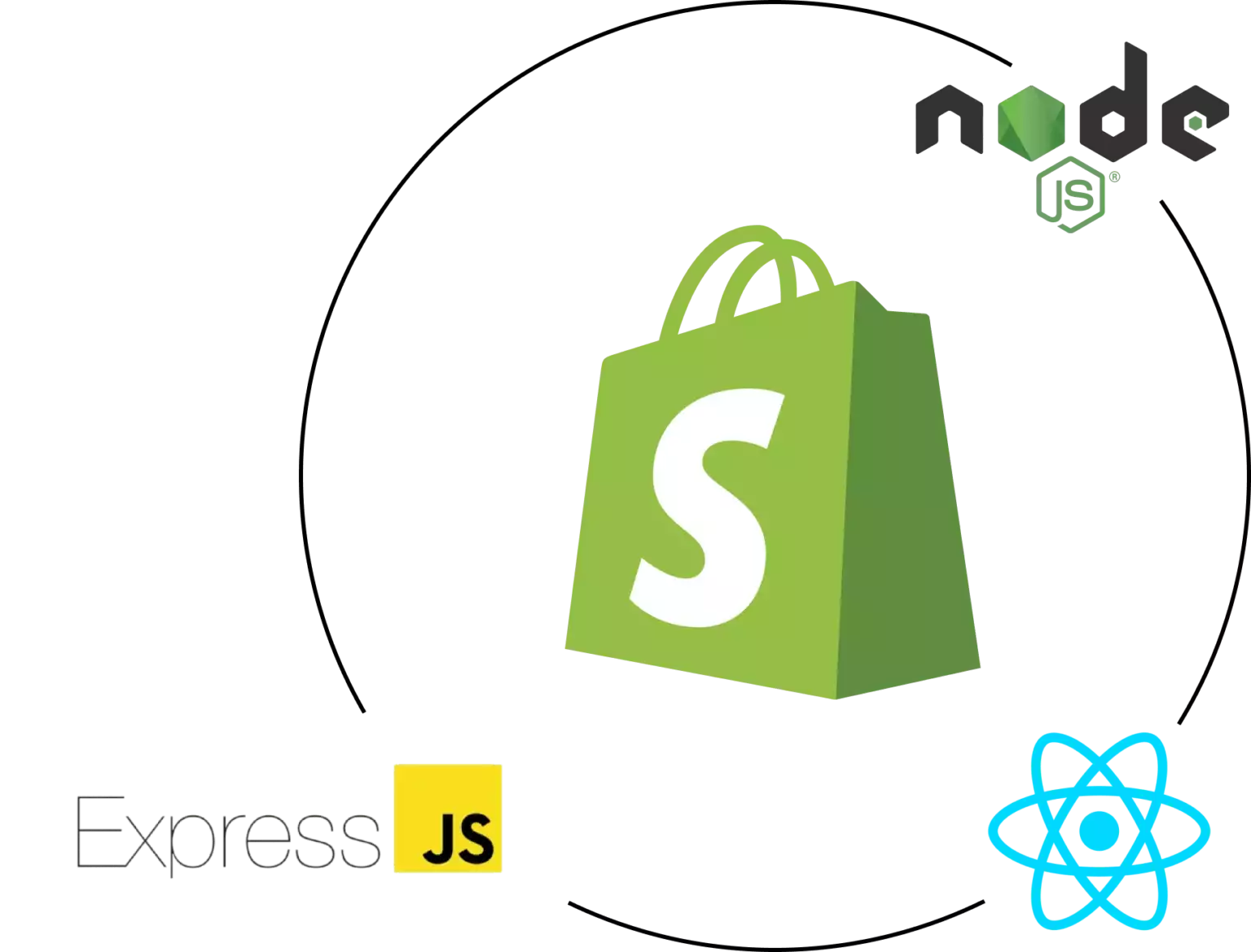Introduction
In the current competitive e-commerce environment, standing out is essential, and a top method to set apart a Shopify store is through tailored app creation. A well-built Shopify app can enhance store capabilities, simplify processes, and boost customer interaction. This article delves into essential elements of Shopify app development, from API integration to scaling strategies and promotion methods, offering a roadmap for businesses seeking unmatched store performance.
The Importance of Shopify API Integration
Shopify’s API offers robust tools to personalize and extend store capabilities. With the GraphQL and REST API options, developers can access data to create apps that handle inventory control, order processing, and customer information management smoothly. Using Shopify’s API can enable improved workflow automation and allows stores to assist shoppers more efficiently.
Utilizing the Polaris Design System
Shopify’s Polaris is Shopify's set of design guidelines for creating intuitive and accessible Shopify apps. By following Polaris guidelines, developers guarantee that apps integrate smoothly within the Shopify Admin interface. This provides a cohesive appearance that resonates with Shopify merchants, promoting ease of use and familiarity for merchants utilizing your tailored app.
Understanding the Shopify App Ecosystem
The Shopify app ecosystem offers endless possibilities for enhancing e-commerce sites. From handling order fulfillment to boosting customer interaction, apps in this environment are designed to meet various business requirements. Familiarizing with this system assists developers in identifying unique app opportunities and enables seamless integration of third-party services that add value to the store.
Building Embedded Shopify Apps
Embedded apps work seamlessly within the Shopify Admin, allowing a seamless experience for merchants. They allow merchants do not need to leave their Shopify control panel, streamlining their workflow. Using Shopify App Bridge and embedded app capabilities is recommended for offering a cohesive, integrated user environment.
Leveraging Node.js and React for Shopify Development
Node.js and React have emerged as ideal tools for Shopify app creation. This server-side framework enables high-performance server-side applications, while React enables interactive and adaptive front-end user interfaces. Together, they provide an strong framework for building fast, growth-ready Shopify apps that enhance store performance and customer engagement.
Webhooks in Shopify Apps
Webhooks allow real-time data synchronization between Shopify and an external app. They trigger events such as order creation or stock changes and send instant notifications to your app. By implementing webhooks, apps can deliver real-time information to store owners, streamlining workflows and increasing efficiency.
Customer Engagement and Digital Marketing for Shopify Apps
To make a Shopify app successful, connecting with users is key. Using digital marketing strategies like Professional Shopify app solutions SEO, email marketing, and social outreach can increase app usage. Additionally, creating applications with customer interaction as a focus (e.g., loyalty programs or personalized suggestions) boosts user retention and satisfaction.
Making Your Shopify App Scalable
As e-commerce stores expand, so do their technological needs. Ensuring that your app can manage increased traffic, larger databases, and more complex functionalities is essential. By improving server capacity and implementing scalable solutions, you can create apps that grow in tandem with a store’s success.
Important Features and Maintenance Tips for Shopify Apps
For an app to be effective, it should include key capabilities like user login, analytics dashboard, and support channels. Regular app maintenance, with updates to fix bugs and compatibility checks with new Shopify functionalities, Empower your Shopify store is vital to maintain uninterrupted performance and avoid interruptions to business processes.
Conclusion
Custom Shopify app development holds vast potential for e-commerce stores, offering the chance to improve performance, simplify operations, and build customer relationships. With API integrations and Node.js to focusing on scalability and customer interaction, creating a Shopify app requires thoughtful preparation and strategic execution. If you’re ready to elevate your e-commerce experience, a tailored Shopify application could be the ideal solution. What features do you see for your dream application? Share your thoughts and take the first step toward an enhanced e-commerce experience!
